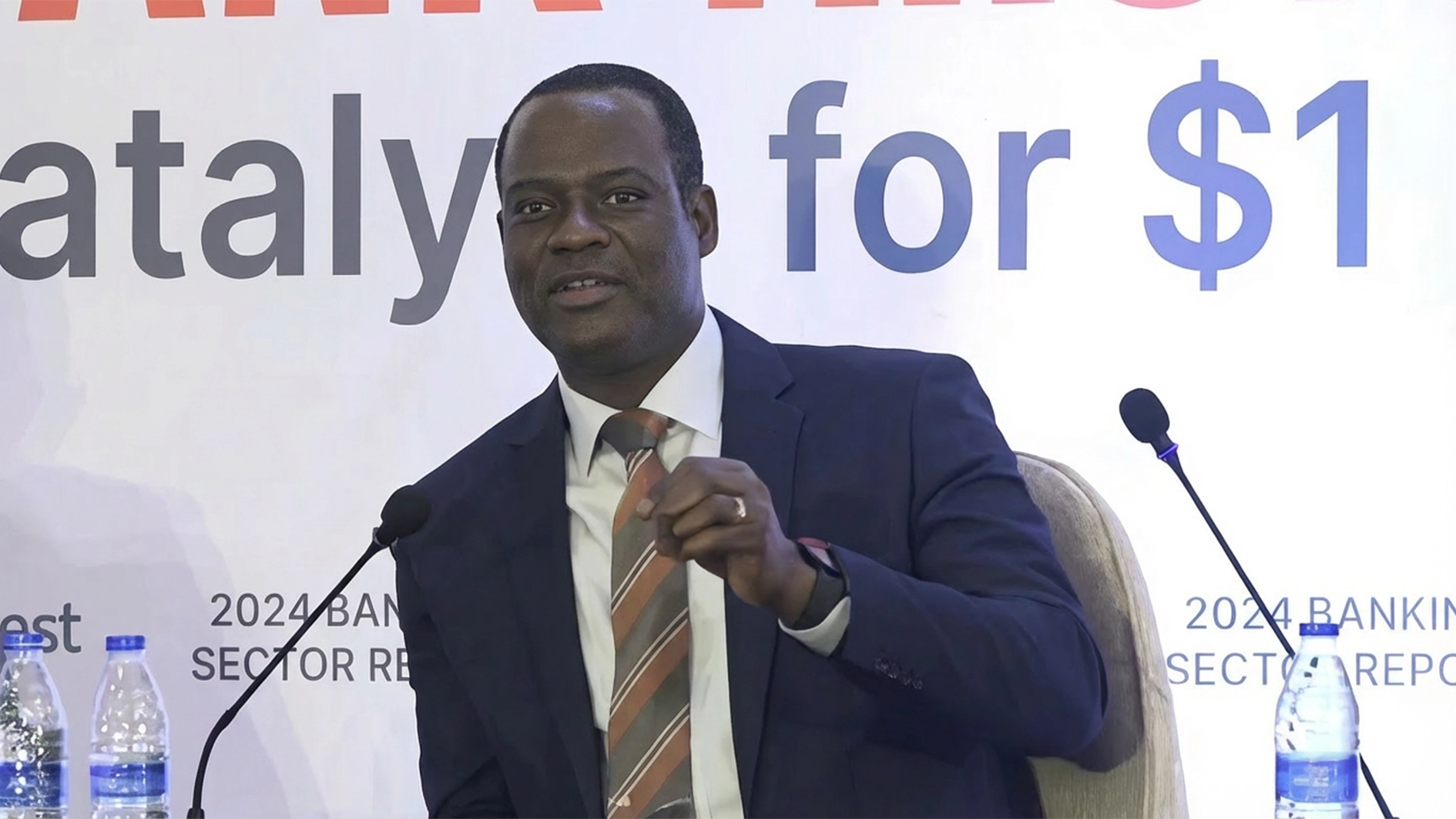An estimated 139 million Nigerians, representing 61 percent of the population, are now living in poverty, according to a new report by the World Bank.
The report indicates that the country’s poverty rate rose from 40 percent in 2019, equivalent to about 81 million people, despite the government’s implementation of key economic reforms beginning in mid-2023.
The World Bank attributes the increase largely to a 6.7 percent decline in average consumption between 2019 and 2023, with urban areas experiencing the most significant reductions.
It notes that about three-quarters of the poverty increase occurred before the introduction of recent policy changes.
The reforms referenced include the removal of the petrol subsidy, unification of the exchange rate, phasing out of deficit monetization, and enhanced tax administration.
The report attributes a 6.7 percent decline in average consumption between 2019 and 2023, with urban areas particularly affected.
The report read, “Between 2019 and 2023, average consumption fell by 6.7 percent, especially in urban areas, while poverty rose from 40 percent (81 million people) to a projected 61 percent (139 million people) by 2025, with three-quarters of the increase occurring before 2023.
“Recent reforms are correcting past policy missteps, but meaningful improvements in livelihoods will hinge on sustained disinflation, stronger inclusive growth, better public services, and continuous targeted support to the most vulnerable.”






